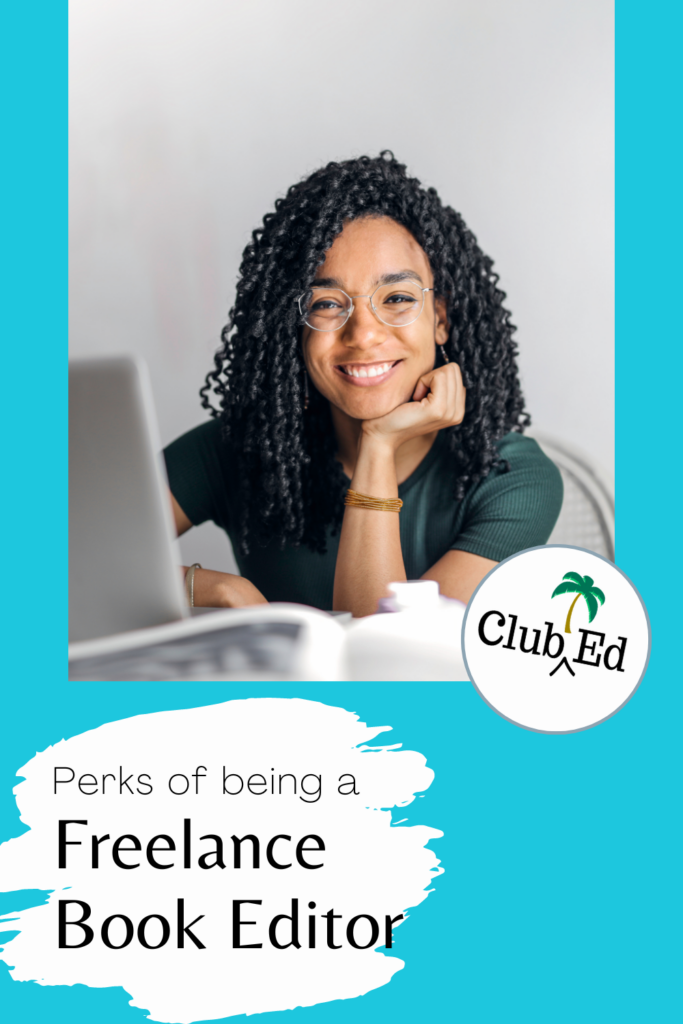The perks of being a freelance book editor
If you think you might enjoy becoming a freelance book editor, read on! This site is intended for freelance developmental editors (DEs)—that is, DEs who aren’t employed by publishing companies but run their own businesses.
This allows much more flexibility for the very many people in the world who need it. (More than forty percent of the US workforce freelanced in 2020, up from thirteen percent in 2013. More than twenty-five percent of Americans now freelance full-time, up from seventeen percent in 2014.)

Job Outlook
According to the Occupational Outlook Handbook, more than 120,000 people currently work as editors in the US, and more than 11,000 full-time openings are expected each year of the coming decade, including both self-employed and staff positions. Median pay was $63,400 in May 2020. Freelancers are more likely to earn more as competition for staff jobs keeps wages lower.
Job Requirements
But editing, developmental editing in particular, is not an entry-level position, especially for a freelancer. You can’t just announce that you’re open for business and expect to do well and gain clients.
To succeed, freelance book editors typically need a bachelor’s degree in English, journalism, communications, or a related degree along with writing and editing experience.
However, even if you don’t have a college degree, if you have a love of books and read a lot, you can still succeed—you may just need to do some outside reading about the critical analysis of literary texts. (How to Read Like a Professor, by Thomas C. Foster is one of my favorites—it’s a straightforward introduction to what literary criticism is.)
The Skills and Abilities Editors Need
Freelance book editors have some characteristics in common. For one thing, they’re self-starters: no one is going to be watching over your shoulder to see whether you’re marketing or just watching YouTube videos. And it helps if you’re organized and have the ability to focus for long periods of time.
You have to love words and stories but you can’t be wedded to being “right.” In developmental editing, unlike copyediting, there is no right answer. There are recommendations we can make that will help authors get closer to telling the story they want to tell, but these are never more than that: recommendations. You have to be comfortable with having your advice rejected as often as not.
This is not a job where you get to indulge your pet peeves about writers who use “different than” instead of “different from.”
We are not gate-keepers: as freelancers we are partners in our clients’ journeys, supporters and cheerleaders, but we are not the ones who make a final judgment about what gets published and what does not, or what succeeds and what fails.
You have to enjoy nurturing other people’s creativity and staying out of the limelight yourself.
Other Helpful Content
Editorial Terminology
Use the right words to prevent client confusion The other day I saw a writer upset that their editor promised several passes through their manuscript but in fact only did one.
What makes a good editor?
Writers often assume that being an editor can’t be all that different from being a writer. But writing and editing are two very different skills.
Join the Club!
New to story editing? Begin at the beginning.




